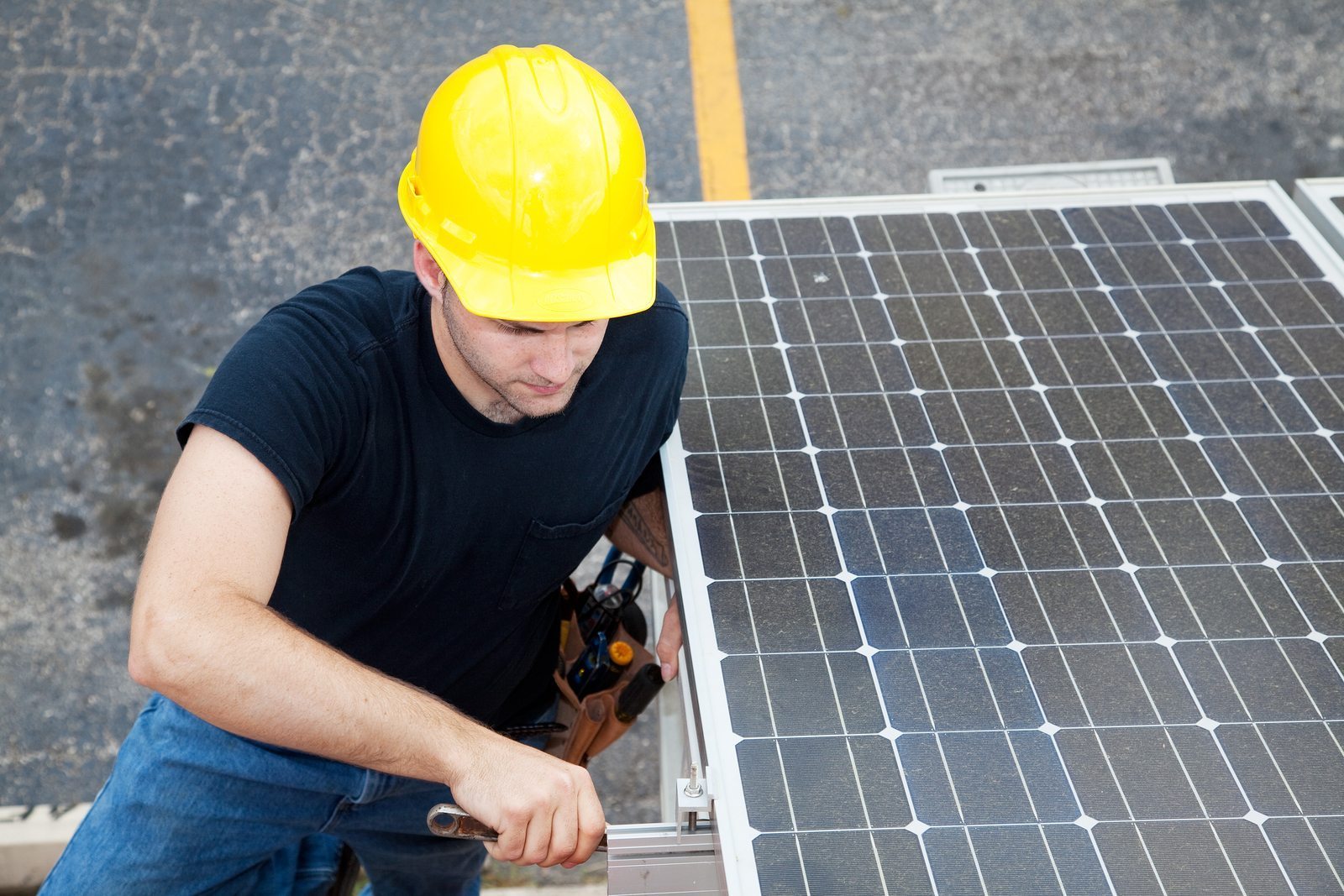We get this question quite a bit. Yes, we’re a solar company, and yes, we’re in what seems like a solar-wilderness being in the deep South. But, it is a legitimate question. So, let’s make this simple:
(If you’re curious if solar is illegal or allowed by the power company, or if it will last very long, or if our climate even works for solar, you should look at this article as well!)
1. Do you have good sun exposure?
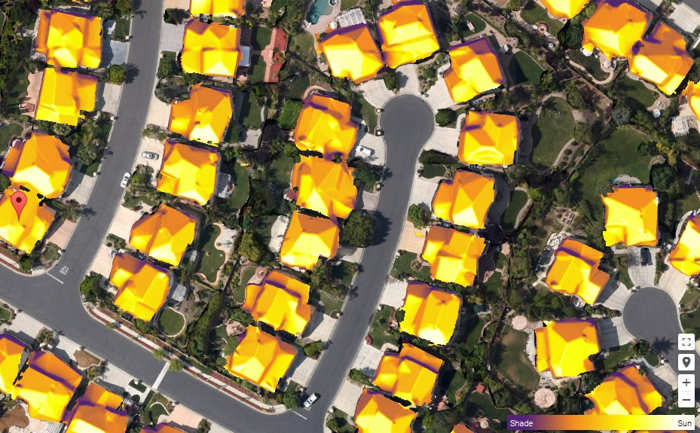 One of the first considerations has to be if you will have a location on or near your home or business that gets unobstructed views of direct sunlight. As we are in the dead of winter now, be sure you’re not just seeing the sunlight through the trees. Ideally, you will want about 8-10 hours of full sun exposure in the summertime to make the most of your power generation. Besides going out and giving the old eagle-eye, you can also invite us for a consultation where we will use the Solar Pathfinder to see if you have good exposure. Google Sunroof can also help determine if you have good roof-space for solar or not. Just because you don’t have good roof-space, don’t automatically rule out solar. A quarter of our installs have been ground-mounts, in a location away from the building but with good sun exposure.
One of the first considerations has to be if you will have a location on or near your home or business that gets unobstructed views of direct sunlight. As we are in the dead of winter now, be sure you’re not just seeing the sunlight through the trees. Ideally, you will want about 8-10 hours of full sun exposure in the summertime to make the most of your power generation. Besides going out and giving the old eagle-eye, you can also invite us for a consultation where we will use the Solar Pathfinder to see if you have good exposure. Google Sunroof can also help determine if you have good roof-space for solar or not. Just because you don’t have good roof-space, don’t automatically rule out solar. A quarter of our installs have been ground-mounts, in a location away from the building but with good sun exposure.
2. Where are you located?
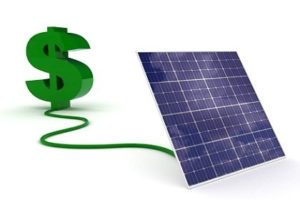 Eagle Solar and Light is based in Alabama, so let’s look at the Yellowhammer state. There has been a larger uptake in solar in the northern part of the state because of TVA’s aggressive solar rebates and incentives. Those are trending lower, but can still be motivating to buyers. Much of the rest of the state doesn’t have net-metering, which will impact the financials and drives our recommendations for sizing your systems (More on this below). Utilities across the state have different interconnection standards and fees which impacts financial benefits. Payoff for grid-tied residential customers in some utility territories are longer compared to others, but does not preclude you from installing solar power systems. It is a federal right to be able to connect solar to the grid and you cannot be denied that opportunity.
Eagle Solar and Light is based in Alabama, so let’s look at the Yellowhammer state. There has been a larger uptake in solar in the northern part of the state because of TVA’s aggressive solar rebates and incentives. Those are trending lower, but can still be motivating to buyers. Much of the rest of the state doesn’t have net-metering, which will impact the financials and drives our recommendations for sizing your systems (More on this below). Utilities across the state have different interconnection standards and fees which impacts financial benefits. Payoff for grid-tied residential customers in some utility territories are longer compared to others, but does not preclude you from installing solar power systems. It is a federal right to be able to connect solar to the grid and you cannot be denied that opportunity.
3. What is your annual consumption, broken down by month?
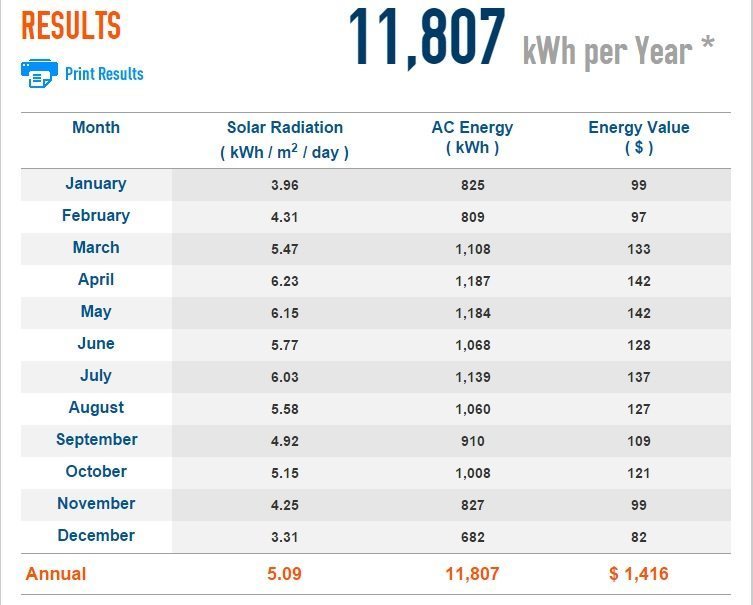 Early in the process, we ask for a copy of your bill to determine how much power you consume by month. As we referenced above, in most places it is not cost-beneficial to oversize your system as there is a small payback for selling to the grid. You will want to know how much power you will consume each month to determine how big a solar system you need. Because of the financials, we will often recommend that you size your system to provide only as much power as you use in the lowest production month. For average consumers, this will be the fall or spring. Once you figure out this number, you can use the NREL website to estimate how big your system needs to be to produce that much energy in a month. This will also give you an estimate of how much you can save off your electricity bill all months of the year.
Early in the process, we ask for a copy of your bill to determine how much power you consume by month. As we referenced above, in most places it is not cost-beneficial to oversize your system as there is a small payback for selling to the grid. You will want to know how much power you will consume each month to determine how big a solar system you need. Because of the financials, we will often recommend that you size your system to provide only as much power as you use in the lowest production month. For average consumers, this will be the fall or spring. Once you figure out this number, you can use the NREL website to estimate how big your system needs to be to produce that much energy in a month. This will also give you an estimate of how much you can save off your electricity bill all months of the year.
4. Do you want to go off-grid or stay connected?
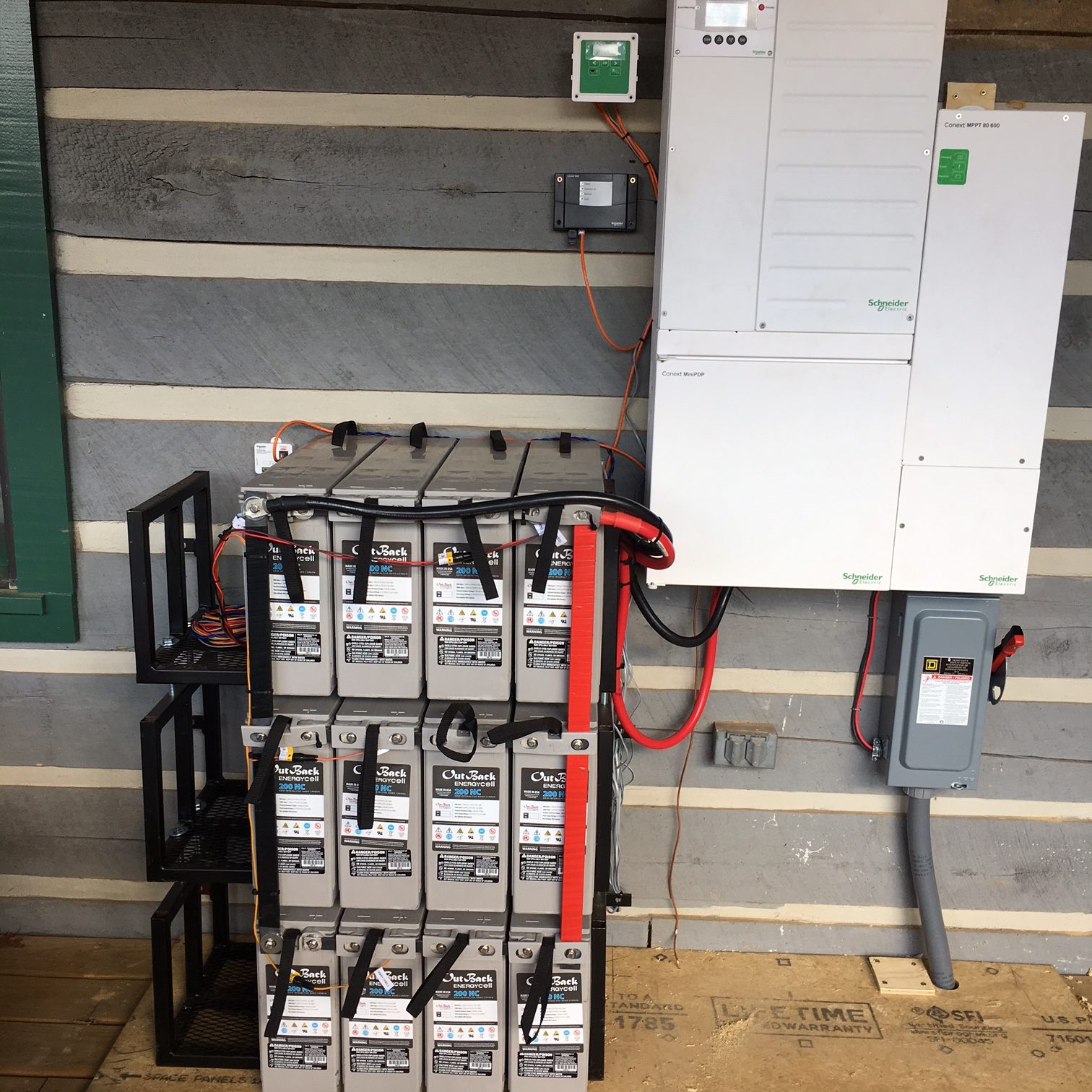 There are certainly pros and cons to both, the biggest being cost. To go off-grid means having storage for power when you are not generating it. With today’s technology, that means batteries and you can expect to almost double the cost of installing a system in order to go off-grid. Battery technology has seen significant advances, but we still have a ways to go. With additional R&D investment and wider deployment, we should see battery costs continue to drop. Other considerations include: do you suffer from power-outages and want to control your own power; do you currently use noisy generators for backup power and would like near silent operation; are you motivated by using 100% clean, renewable energy; do you want to preserve your right to energy freedom? All these motivate whether you want to install a bigger system, or just supplement your power consumption.
There are certainly pros and cons to both, the biggest being cost. To go off-grid means having storage for power when you are not generating it. With today’s technology, that means batteries and you can expect to almost double the cost of installing a system in order to go off-grid. Battery technology has seen significant advances, but we still have a ways to go. With additional R&D investment and wider deployment, we should see battery costs continue to drop. Other considerations include: do you suffer from power-outages and want to control your own power; do you currently use noisy generators for backup power and would like near silent operation; are you motivated by using 100% clean, renewable energy; do you want to preserve your right to energy freedom? All these motivate whether you want to install a bigger system, or just supplement your power consumption.
5. Are you ready to go solar?
The next question is: Are you ready to embrace your clean energy future? The good news is you don’t have to wait for the future – you can do that today! We can help answer all of your solar questions. We offer professional guidance on how solar can work for your particular situation and make plans for your solar generation system at your home or business.
This post originally appeared on Eagle Solar & Light’s blog on Tuesday, January 3, 2017.

